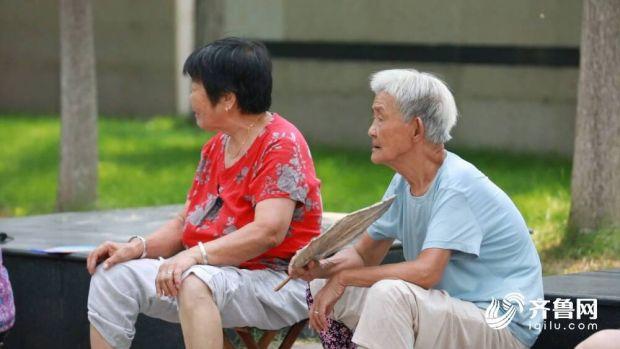Shandong "sauna day" has to be "steamed" for 4 days. Experts explain how high temperature and high humidity weather are formed.
Qilu Net Lightning News August 3 rd Today, hot weather appeared in many places in Shandong. In the next four days, high temperature and high humidity weather will continue to appear in Shandong. According to meteorologists, the persistent occurrence of this kind of weather is mainly due to the control of subtropical high (referred to as "subtropical high").

Today, the highest temperature in most parts of Shandong is above 35℃, and the highest temperature is 37.1℃ in Zibo Boxing. Since August 2, the subtropical high in the northwest Pacific Ocean has been extended westward, and as a result, high temperature and sultry weather have continued to appear in Shandong. Experts said that when the subtropical high was controlled, it prevailed in downward flow, and the weather was sunny and hot.

"The weather in Shandong is relatively sunny, so solar radiation heating is more obvious. In addition, there is no obvious cold air activity, and the southerly airflow prevails in the lower level. The southerly airflow is to transport water vapor to Shandong, in addition, it is warm and humid air, in addition, the temperature is rising, and in addition, the humidity in the lower atmosphere is increasing, which causes high temperature and high humidity weather. Gao Liuxi, chief forecaster of Shandong Meteorological Observatory, told the lightning journalist.

The Shandong Meteorological Observatory continued to issue a yellow warning of high temperature at 16: 00 today: due to the influence of subtropical high, it is estimated that the highest temperature in Liaocheng, Dezhou, Binzhou, Dongying, Jinan, Zibo, Weifang, Tai ‘an, Heze, Jining and Zaozhuang will be above 35℃, with local temperature of 37 ~ 39℃ and relative humidity of 60 ~ 80% on 4 ~ 7. The high temperature process has high humidity, high body temperature sensitivity and long duration, so it is necessary to guard against the adverse effects caused by continuous high temperature.
Lightning journalist He Zewei correspondent intern Liu Yichen reports.